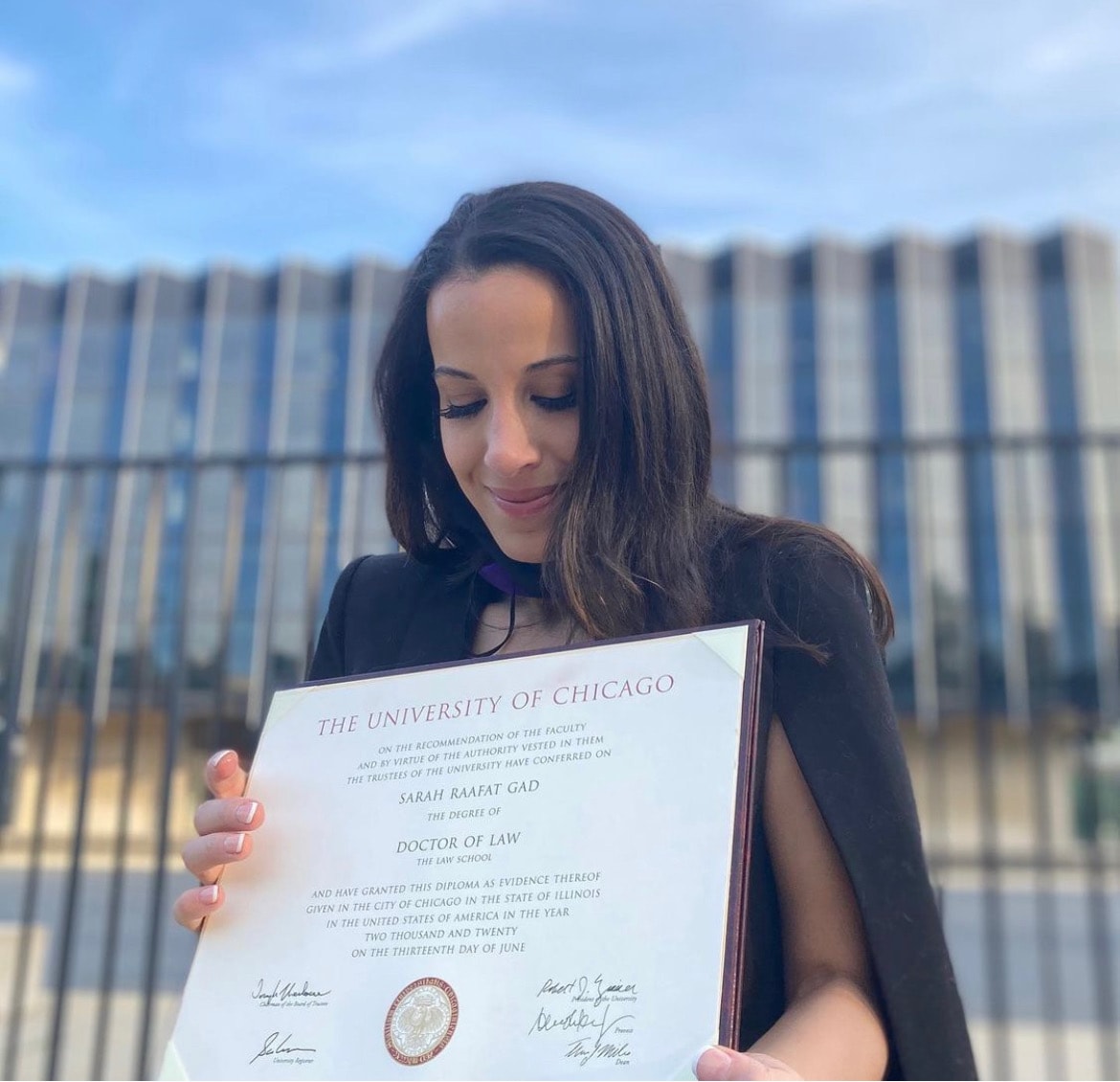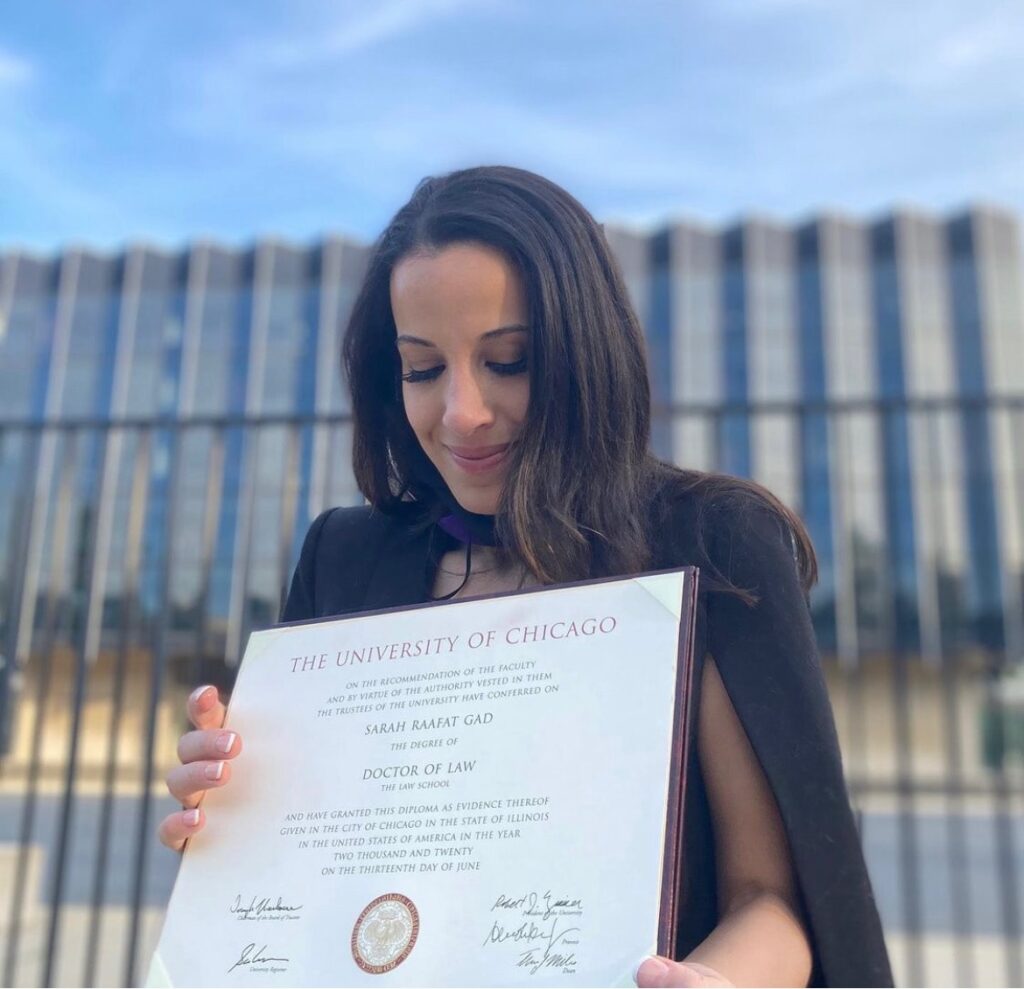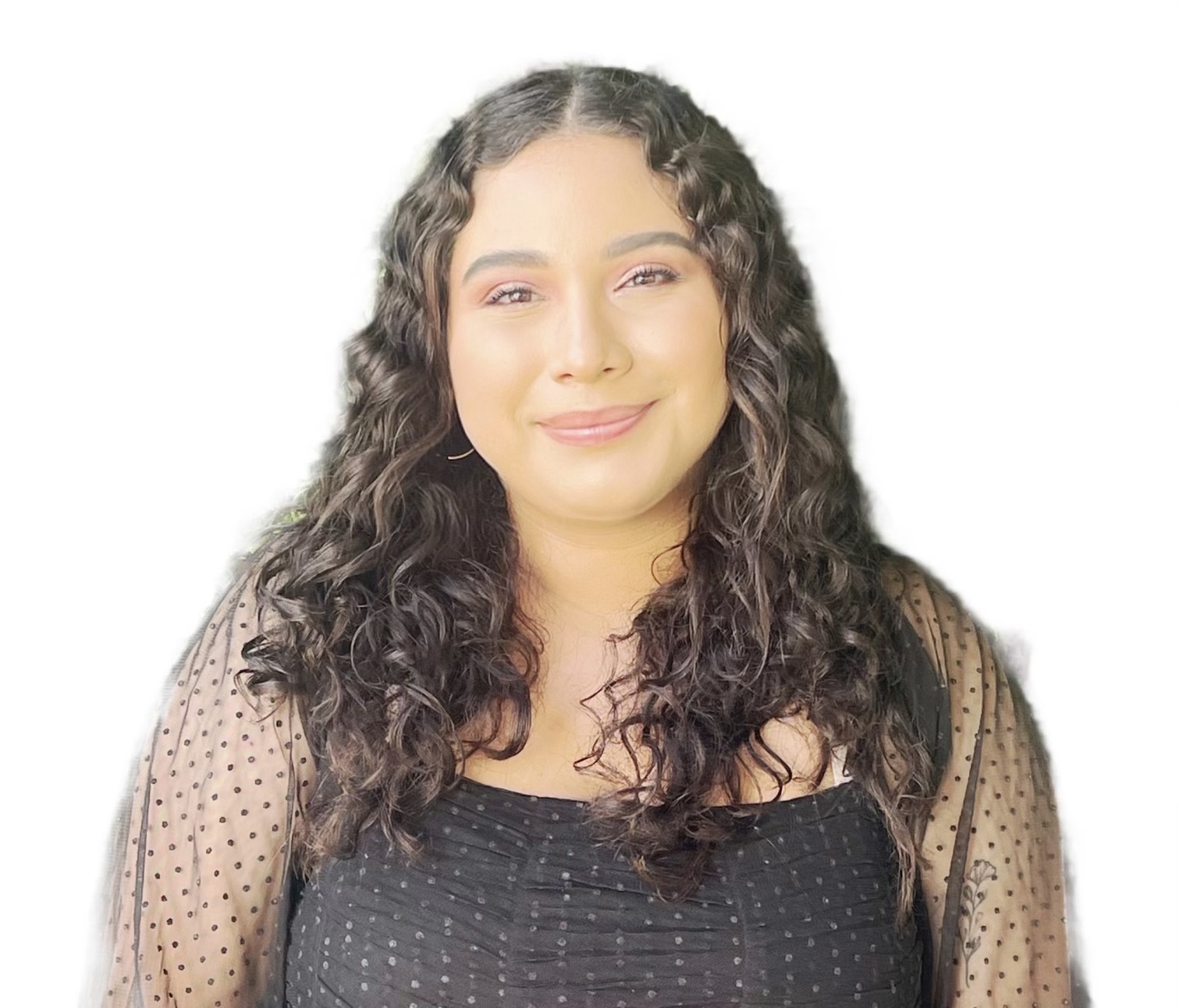She was formerly incarcerated, but now she's a lawyer who defends people like her younger self
More of This
At the Hennepin County Courthouse in Minneapolis, immediately after her client’s murder case was dismissed, attorney Sarah Gad ran into Chief Judge Toddrick Barnette.
She knew him because nearly a decade ago, he was the presiding judge when she was a defendant facing drug charges in his courtroom. She approached him in the courthouse lobby on July 19, and reintroduced herself. Right away, her face was familiar to him.
“Sarah, what are you doing here?” Barnette asked Gad.
Although little about him had changed in nearly a decade, Gad said, almost everything about her had. The last time they saw each other, she was a convicted criminal and a repeat drug offender. Now, she’s a lawyer — defending people like her younger self.
Read the story on Washington Post
Gen Z plaintiffs just won a historic climate case
Even More of This
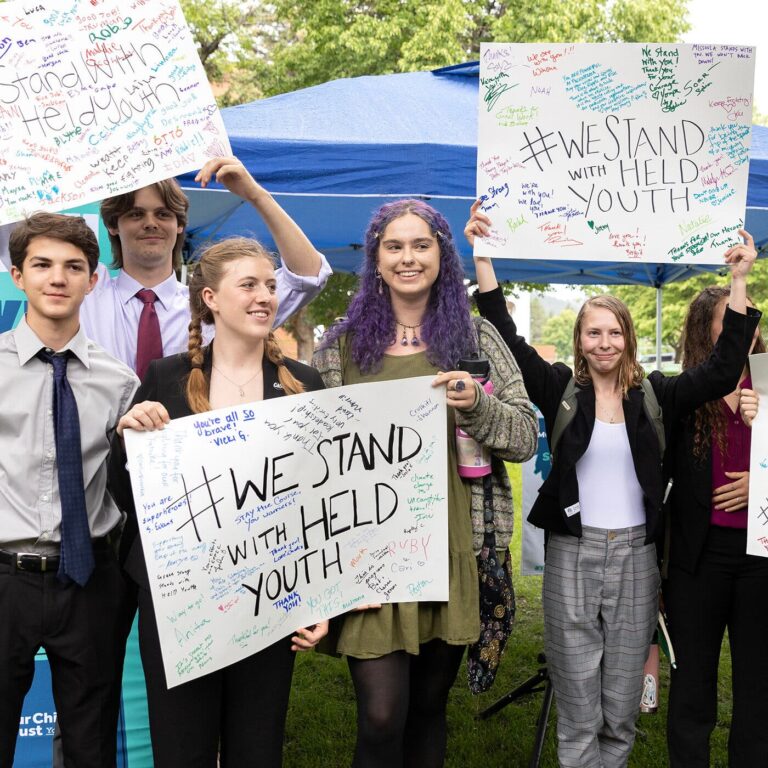
A group of young people in Montana won a landmark lawsuit on Monday when a judge ruled that the state’s failure to consider climate change when approving fossil fuel projects was unconstitutional.
The decision in the suit, Held v. Montana, coming during a summer of record heat and deadly wildfires, marks a victory in the expanding fight against government support for oil, gas and coal, the burning of which has rapidly warmed the planet.
“As fires rage in the West, fueled by fossil fuel pollution, today’s ruling in Montana is a game-changer that marks a turning point in this generation’s efforts to save the planet from the devastating effects of human-caused climate chaos,” said Julia Olson, the founder of Our Children’s Trust, a legal nonprofit group that brought the case on behalf of the young people. “This is a huge win for Montana, for youth, for democracy, and for our climate. More rulings like this will certainly come.”
Read the story on NY Times
SCOTUS too powerful? Then take away its power.
Perspective
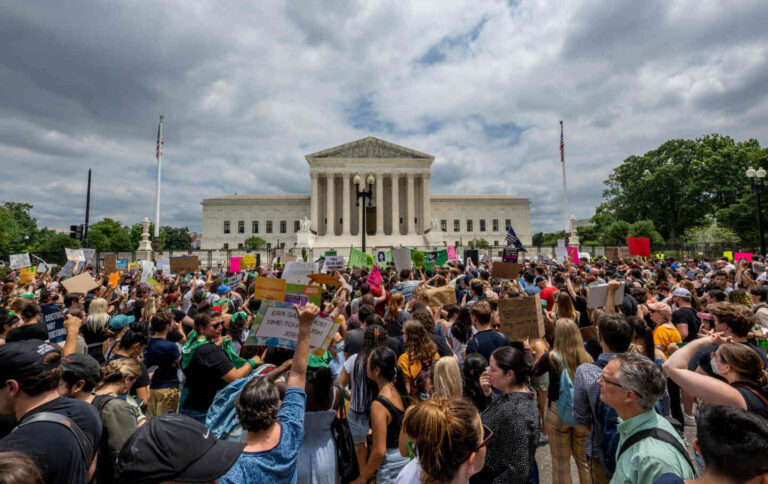
Contempt of Court is a podcast about how to reform the Supreme Court. Featuring Harvard Law School professor Ryan Doerfler and Michigan Law School professor Leah Litman.
So far on this podcast, we’ve talked about various reforms of the Supreme Court—court expansion, term limits, court balancing, and ethics reform. All of these accept the premise that the Supreme Court should keep its power over the elected branches of government. These reforms are focused on forcing the court to use its power more fairly, more justly, and with less mustache-twirling corruption.
While those are noble goals, but I’ve begun to think the underlying premise is flawed. Instead of reforming how the Supreme Court uses its power, what if we took its power away?
Listen to the podcast on The Nation
The power and legacy of our first Black Justice
Speaking Of…
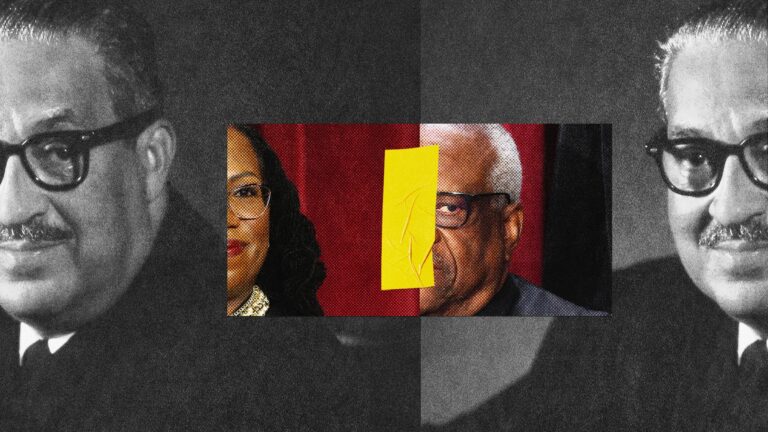
A standout moment in American history occurred in the head-to-head clash between Justice Clarence Thomas and Justice Ketanji Brown Jackson as they each expressed disdain for the other’s opinion in this term’s major affirmative-action decision.
But it was not a one-on-one contest.
There was another Black voice echoing throughout the Supreme Court that day, the only other Black justice in the history of the Court: Thurgood Marshall.
His opinions are still alive, three decades after his death. It was his argument for affirmative action’s constitutionality nearly 50 years ago that set the foundation for all subsequent legal debate on the issue.
Read the Story on The Atlantic




